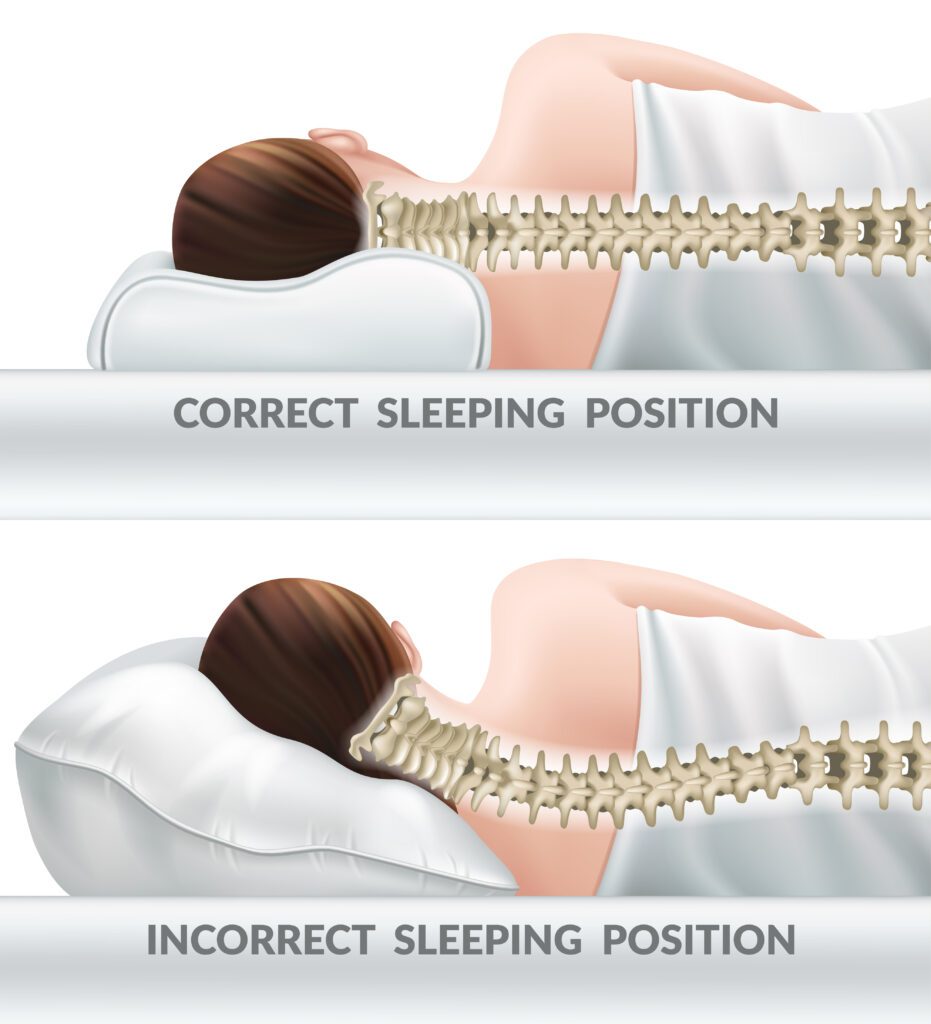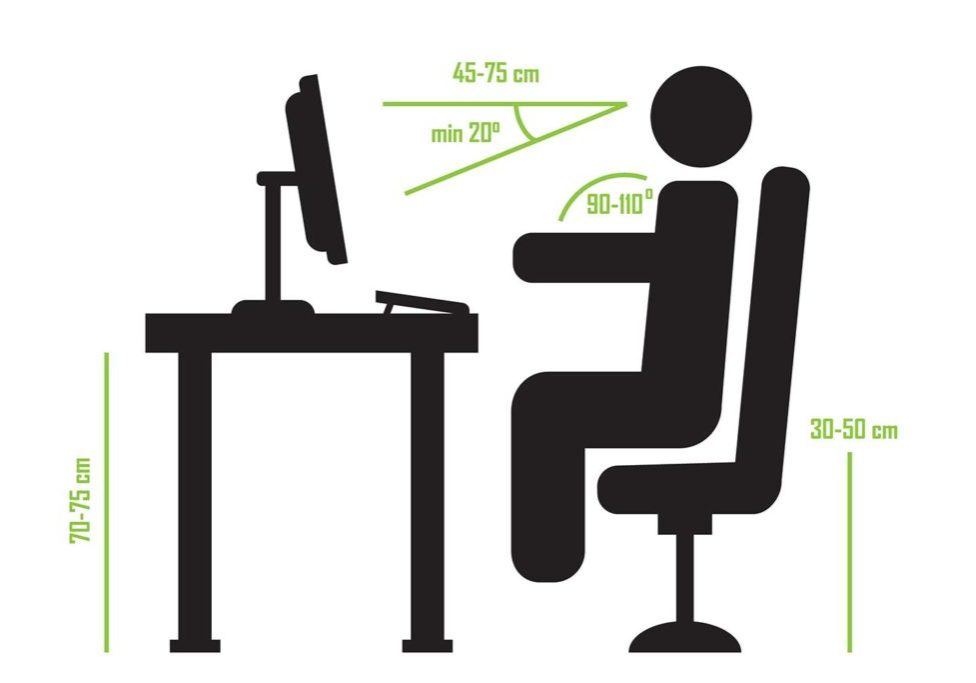Neck pain is a common problem that affects many people, and it can have a significant impact on your daily life. Whilst there can be various causes of neck pain, one factor that is often overlooked is the type of pillow you use. If you’ve ever come into Blackburn Allied Health Group with neck issues, we have most likely asked you about your pillow and sleeping position.
The importance of selecting the right pillow for your sleeping needs
The right pillow for your sleeping needs is crucial in preventing and alleviating neck pain. Your pillow plays a significant role in supporting your neck and maintaining proper spinal alignment during sleep. The wrong pillow can lead to poor posture, strain on the neck muscles, and increased discomfort. By choosing a pillow that suits your specific sleeping position and provides adequate support, you can reduce the risk of waking up with a stiff and painful neck. Investing in a pillow that caters to your sleeping needs can significantly improve the quality of your sleep and overall well-being.

Understanding how the wrong pillow can cause neck pain
Choosing the wrong pillow can lead to neck pain due to several reasons. Firstly, a pillow that is too high or too firm can cause your neck to be pushed out of alignment, leading to strain on the muscles and joints. On the other hand, a pillow that is too low or too soft may not provide enough support, causing your neck to bend unnaturally. Additionally, if your pillow is old and worn out, it may lose its shape and support, further contributing to neck pain. Therefore, it is essential to select a pillow that is the right height, firmness, and material for your specific needs to maintain proper spinal alignment and prevent discomfort.
Factors to consider when choosing a pillow
When choosing a pillow, there are several factors to consider to ensure that it provides the right support for your neck.
- Consider Your Sleep Position: The ideal pillow varies depending on whether you’re a side, back, or stomach sleeper. Side sleepers may need a thicker pillow to support the neck, while back sleepers benefit from a medium loft pillow. Stomach sleepers should opt for a soft, thin pillow or consider sleeping without one.
- Material Matters: Pillows come in various materials, including memory foam, latex, feathers, and synthetic fibres. The right material for you depends on personal preference and any allergies you may have. Memory foam and latex are excellent choices for neck and spine support.
- Fill Type: Consider the fill type of the pillow. Memory foam pillows conform to the shape of your head and neck, providing excellent support. Latex pillows are naturally hypoallergenic and durable. Feather pillows are soft and mouldable but may not provide adequate support for some.
- Pillow Size: Pillow size matters, too. Make sure your pillow is the right size for your body and bed. A king-sized pillow might be too large for some, while a standard-sized pillow may provide insufficient support for others.
- Certification: Check for any certifications such as the Oeko-Tex Standard 100, which ensures that the pillow is free from harmful substances.
- Trial Period: If possible, choose a pillow with a trial period or a return policy. This allows you to test the pillow and ensure it suits your needs.
By taking these factors into account, you can choose a pillow that provides the right support and promotes a good night’s sleep.
Your choice of pillow is a personal one, so take the time to consider your sleep position, materials, and size preferences. Remember, finding the right pillow may take some trial and error, but it’s worth the effort to alleviate your neck pain and improve your sleep quality. If you need any help or advice about pillow selection or with your neck pain, come in and see us at Blackburn Allied Health Group, we’re always happy to help. Sweet dreams!
References:
https://www.oeko-tex.com/en/our-standards/oeko-tex-standard-100



